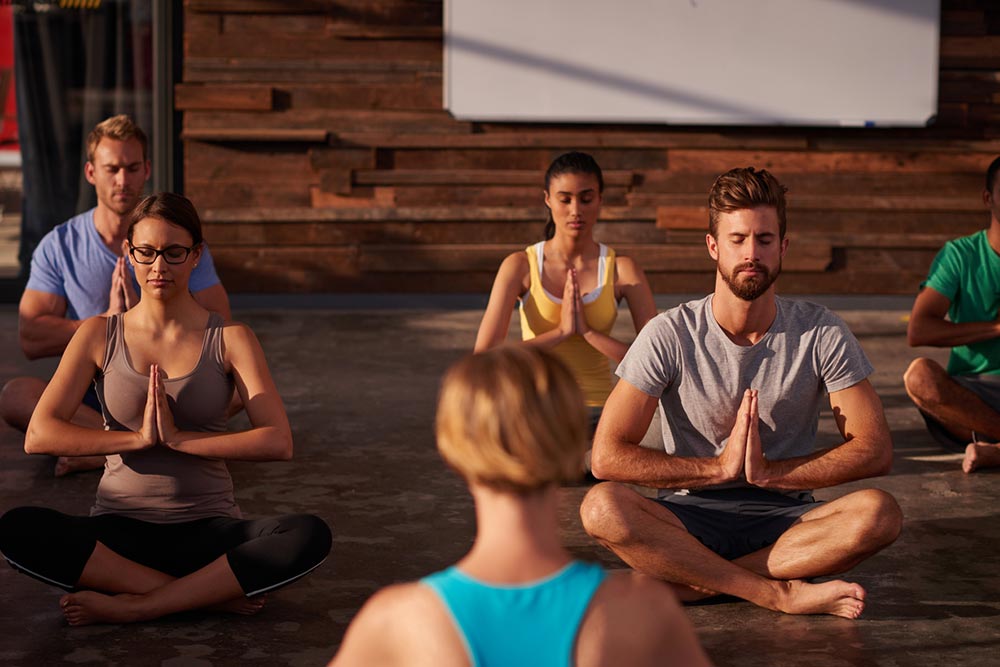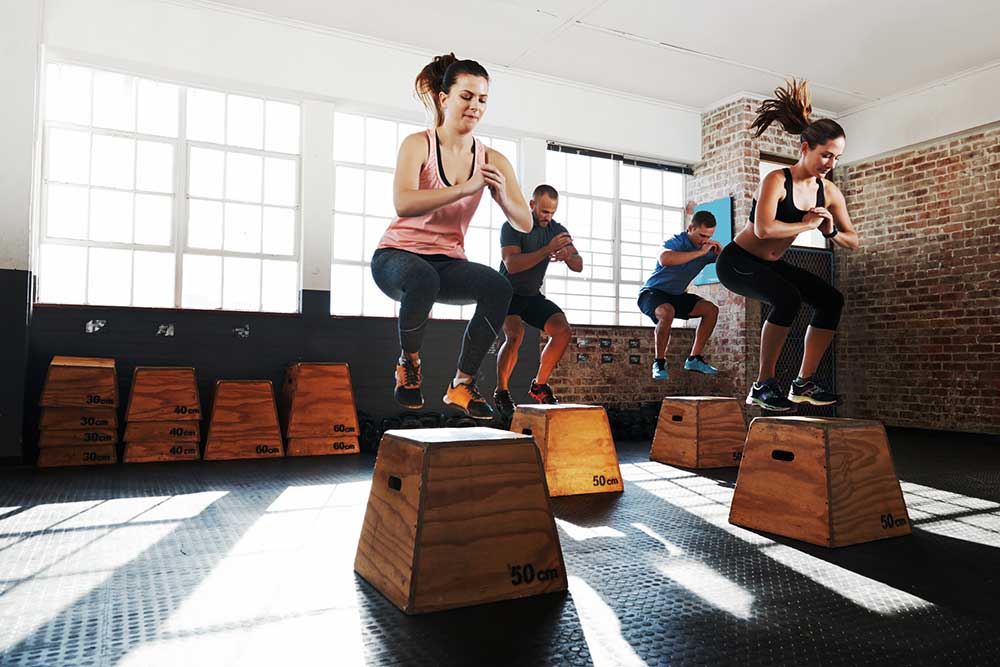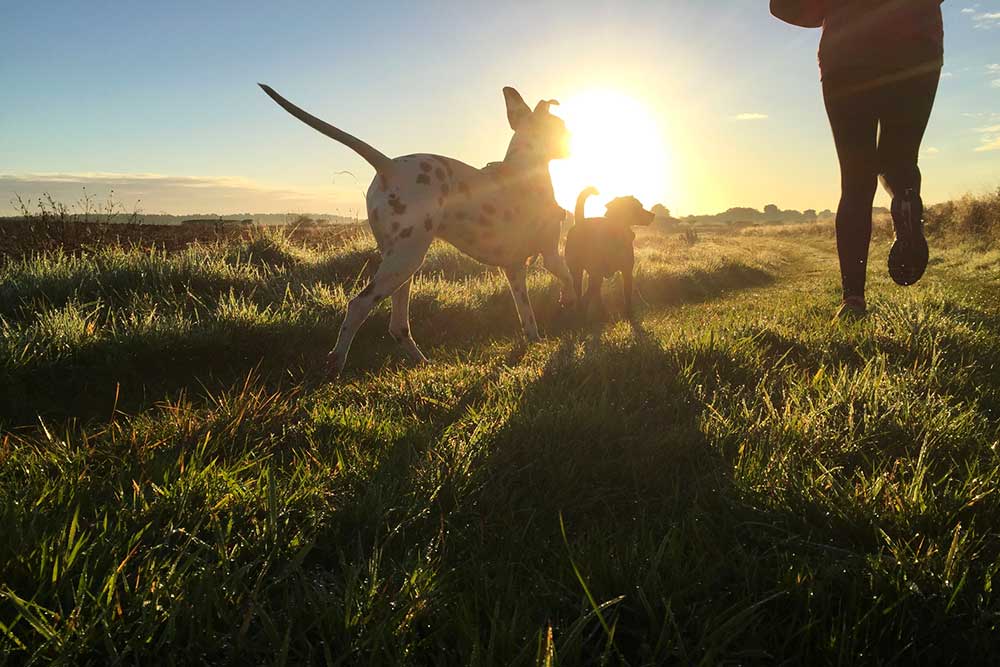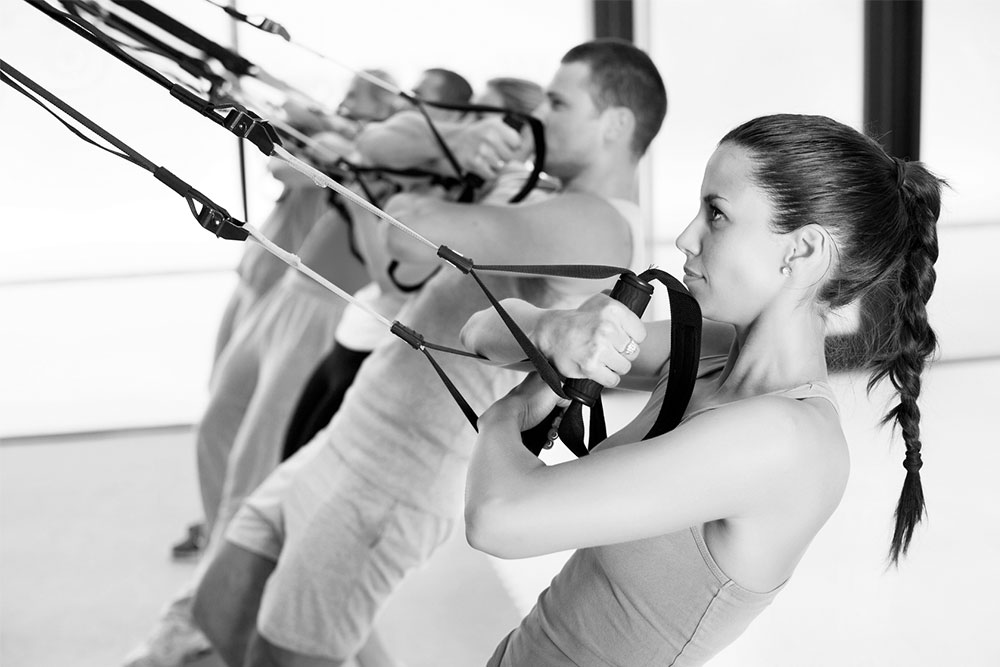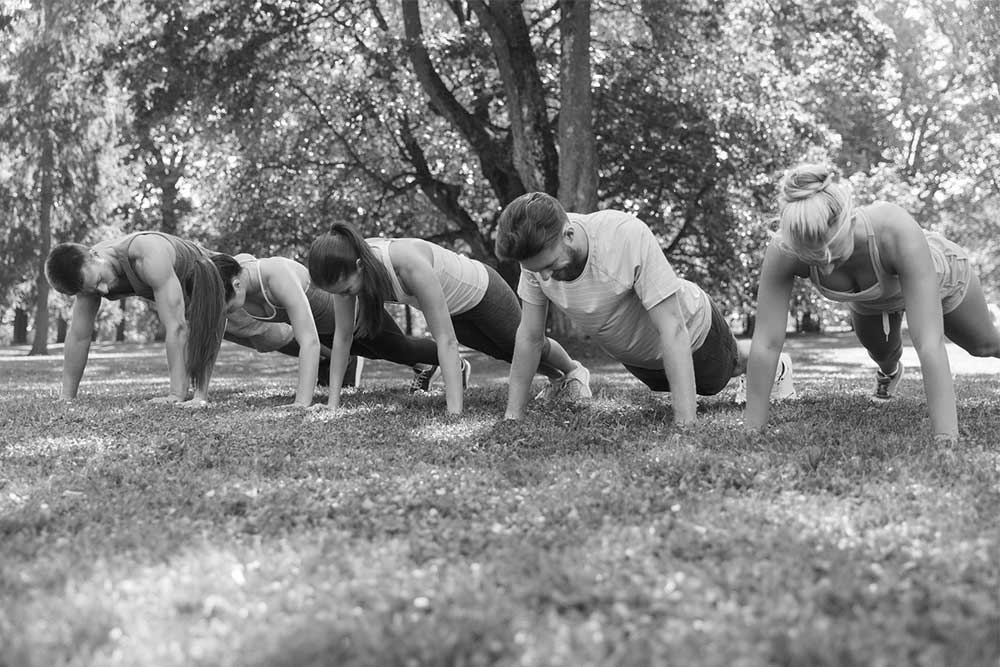Skip Your Way To A Better Day
Forever Fit Science’s co-founder Virginia Davies shares her secrets to a good morning routine to get a healthy start to your day. In this video Virginia takes you through a few of her favorite exercises she uses to warm-up her body for the day. You Might Like:

